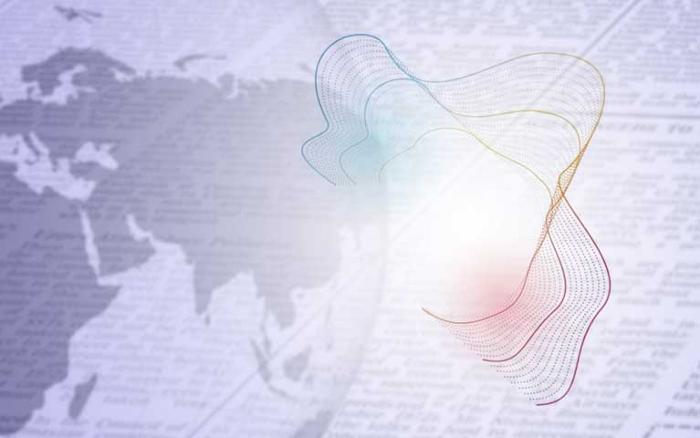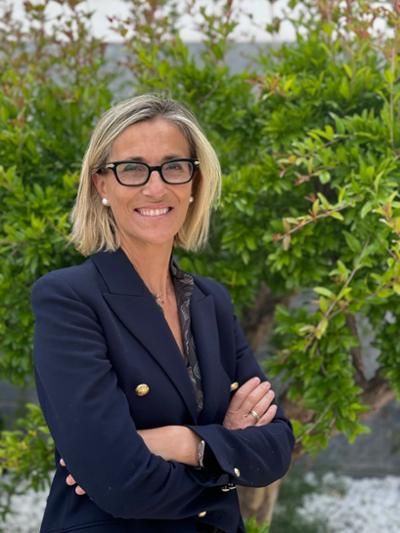

María del Mar Serna (AEDICI): “Proper maintenance can result in significant energy savings.”
María del Mar Serna Martínez, member of the board of directors of the Spanish Association of Engineering and Installation Consultation Engineers (AEDICI), outlines the evolution of safety and technology in air-conditioning and refrigeration installations in Spain over recent years. She also highlights the importance of maintenance to increase service life and achieve significant energy savings.
María del Mar Serna Martínez, a board member of AEDICI, CEO of Acix Group and Exta Tecnológica, and president of Electa ASHRAE Spain Chapter, provides an overview of the evolution of C&R installations and the most significant issues currently affecting the sector.
In your opinion, what is your assessment of the evolution of safety in air conditioning and refrigeration installations in Spain?
There has been a notable and positive evolution in recent years. On the one hand, we have implemented stricter regulations that ensure a higher degree of protection for people, infrastructure and the environment. As a result of the fast-paced changes in the regulatory environment, engineers are required to stay abreast of the latest developments and updates on a regular basis.
In particular, the new Safety Regulations for Refrigeration Installations under RD 552/2019 provides an appropriate regulatory framework for the design and operation of refrigeration installations. I believe it is “adequately equipped” with both current technology and potential transitional refrigerants (R513, R32, etc.) as well as future possibilities (such as the use of R290, the return to inorganics, etc.). In particular, the issue of security is addressed in a clear and effective manner. The publication of UNE 192013:2022 also allows for periodic regulatory review by accredited bodies as additional security, thus completing a regulatory framework which, as mentioned above, is in line with the sector’s needs.
And what about the Regulation on Building Heating Installations (RITE)?
In the case of RITE, we are awaiting the implementation of the new modification that we believe is necessary. It is essential that the inspections set out in TI 04 include operational safety reviews, in addition to the efficiency measures currently addressed. The publication of UNE 192015, currently in draft form, can be an effective tool for ensuring the safety aspects of a building's life cycle are properly addressed.
What advances in technology have been made?
The latest technological advances have been designed to enhance both safety and energy efficiency. In today's market, the focus is on efficiency, with energy efficiency becoming a key consideration in many projects. In some cases, it is even more important than aesthetics. Conversely, training and awareness-raising on good practices in the sector have been promoted with the objective of preventing accidents and minimising risks. The site engineers are being made aware that training and safety on site are of the utmost importance.
Can you update us on the progress made in building maintenance?
All the above collectively result in enhanced building maintenance, which is reflected in reduced consumption and an extended lifespan for the equipment. However, there is a need to raise awareness in the sector on several points. From a property owner's perspective, maintenance is not an expense but an investment. Proper maintenance extends the lifespan of installations, minimises ongoing costs and drives significant energy savings. On the other hand, for the designer, the choice of materials, equipment and their proper implementation is the basis for sustainability, durability and ease of maintenance. This is because the envisaged solutions must have a long life cycle. When discussing maintenance figures, it is important to consider not only the customer's low consumption but also the infrastructure's low costs throughout its day-to-day service life.
What are some other issues that require awareness-raising?
It is crucial to inform people about the dangers of not maintaining their equipment in a proper state of repair. Failure to do so can result in unsafe conditions. It is of the utmost importance to promote a culture of prevention and safety in maintenance to avoid incidents. Training is an essential aspect of any industry. Attracting top professionals to the sector is largely dependent on our ability to effectively disseminate high-quality professional development plans and specialised knowledge to all agents, with a particular focus on the younger generation. It is crucial that we leave an attractive and prestigious sector for them to work in.



